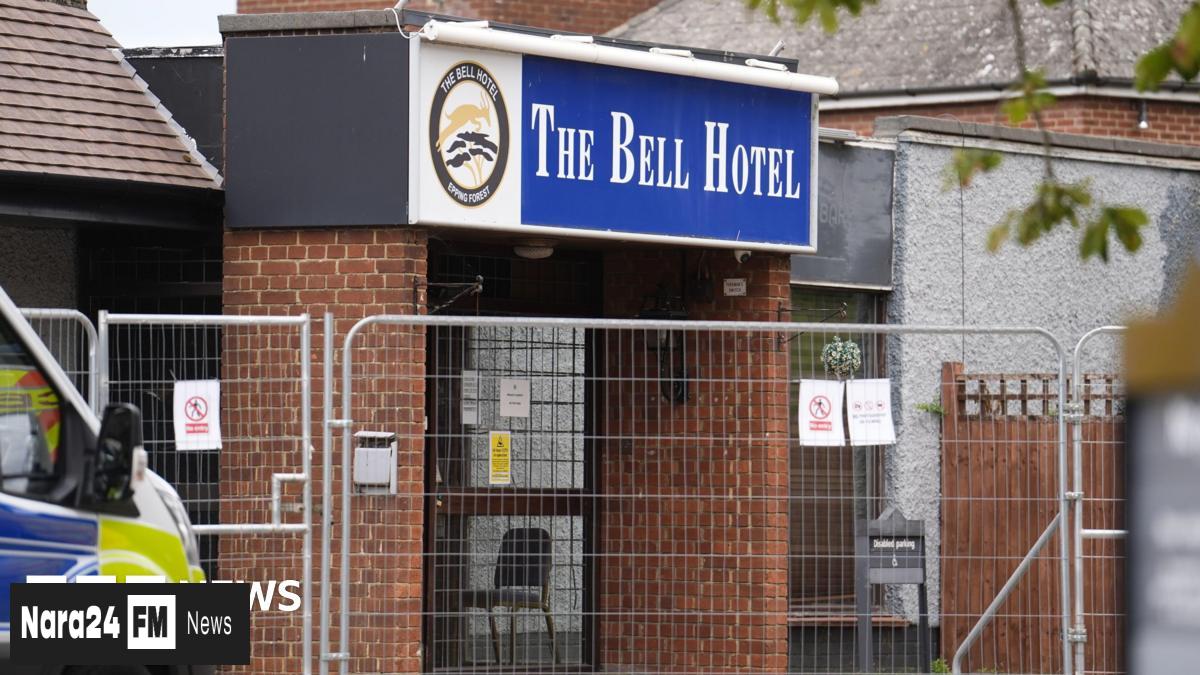In This Article
- UK Government and Chinese Owners Clash Over Valuation
- Financial Demands and Stalled Negotiations
- Government's Steel Fund and Rescue Efforts
- Nationalization Considered as Last Resort
- Stalled Ownership Transition and Political Implications
Key Takeaways
- The UK government is in a standoff with Jingye Group, the Chinese owners of British Steel, over financial demands for transferring ownership.
- Jingye is seeking hundreds of millions in taxpayer money, while the government has offered £500 million, leading to stalled negotiations.
- The government is under pressure to find a long-term solution, with nationalization as a last resort, amid concerns over job losses and the future of UK steel production.
The UK government has found itself embroiled in a high-stakes negotiation with the Chinese owners of British Steel, as the company's financial woes continue to dominate headlines. The government, which took control of British Steel in April amid concerns that its Chinese owners, Jingye Group, would close down the UK's only remaining blast furnaces and put thousands of jobs at risk, is now locked in a bitter dispute over the valuation of the loss-making company.
According to sources, Jingye has demanded hundreds of millions of pounds in taxpayer money to complete the transfer of British Steel, a demand that has stalled the search for a new buyer. The government, which has already set aside a £2.5 billion steel fund to cover the day-to-day running costs of the site, is now under pressure to find a long-term solution to the crisis.
Business Secretary Jonathan Reynolds is set to join the talks in September, as officials work to bridge the gap between the two sides' valuations of British Steel. A senior source in the Department for Business and Trade has revealed that while "there's a public interest in protecting taxpayers' money, there's also a public interest in drawing this thing to a close."
The government had hoped that Jingye would hand over ownership of the company for a nominal fee, but that was thrown into doubt during negotiations earlier this summer. Jingye told government officials that they believed British Steel's valuation was still in the hundreds of millions, a figure that the government is refusing to meet.
The two parties also clashed over the amount of cash ministers were willing to offer as part of a potential rescue package. Jingye rejected a £500 million offer from the government in March, with sources suggesting they were holding out for something closer to £1 billion.
The government has repeatedly stated that public ownership is not a long-term solution and has been working to find another commercial partner to take on the ownership of British Steel. However, the search for that partner has stalled since Jingye's demand for a large payout, and a senior government source has admitted that they "can't bring in new ownership while this issue remains unresolved."
As the negotiations continue, the government is wary of the potential consequences of nationalizing the company, a move that could send a negative message to the wider business community. However, sources close to the talks have cast doubt on Jingye's willingness to budge and suggested that the government may need to step in and take ownership of the business through another Parliamentary process.
The government has emphasized that using Parliament to force through a full nationalization is a "last resort," but with the clock ticking, it remains to be seen whether a resolution can be reached before the situation spirals further out of control.








Comments (0)
Leave a Comment
Be the first to comment on this article!